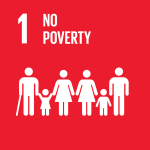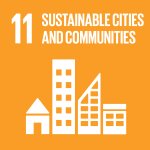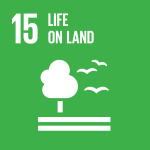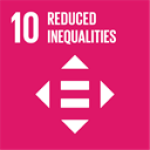
Djibouti City, 20 December 2024 – The Global Environment Facility (GEF) has approved $23.3 million in funding to support a landmark project aimed at strengthening climate resilience and food security for vulnerable rural communities in Djibouti. With $19.8 million from the Least Developed Countries Fund (LDCF) and $3.5 million from the GEF Trust Fund, the initiative is being spearheaded by the United Nations Development Programme (UNDP) in partnership with Djibouti’s Ministry of Environment and Sustainable Development.
The project, titled ‘Sustainable Management of Water and Rangeland Resources for Enhanced Climate Resilience of Rural Communities in Djibouti’, will address the pressing climate challenges facing the Ali-Sabieh, Dikhil, Tadjourah, and Obock regions. These areas are highly vulnerable to escalating droughts, floods and extreme temperatures, which threaten the livelihoods of agropastoral communities.
Welcoming the approval of funding, UNDP Resident Representative in Djibouti, Emma N'Gouan-Anoh, said, “Managing water is about empowering communities and building a future where everyone is resilient to climate challenges. The UNDP is incredibly proud to support Djibouti in launching its first integrated water management program, a transformative initiative, that will uplift and benefit every region across the country. Together with all the stakeholders involved, we can envision a future where water is managed in a sustainable way for all.”
Project highlights include:
Strengthening climate adaptation frameworks: The project will enhance Djibouti’s institutional capacity to integrate climate adaptation into national and local policies. This includes the establishment of sub-national early warning systems to prepare communities for floods and droughts.
Improving water security: The initiative will create sustainable groundwater access points, build micro dams and underground storage facilities, and implement hybrid nature-based solutions to combat flood and erosion risks. These efforts will provide reliable water sources for drinking, agriculture, and livestock.
Restoring ecosystems and livelihoods: Over 3,800 hectares of rangelands and 120 hectares of croplands will be restored through innovative ecosystem-based adaptation approaches, including planting indigenous species and removing invasive ones. Communities will also receive training on sustainable rangeland and water management practices.
Developing climate-resilient livelihoods: The project will establish regional incubators and investment platforms to support micro, small, and medium enterprises (MSMEs) in developing climate-resilient businesses. Women and youth entrepreneurs will be prioritized to ensure inclusive economic growth.
Promoting knowledge sharing: A robust knowledge management system will be developed to support evidence-based decision-making and the scaling up of best practices across Djibouti.





